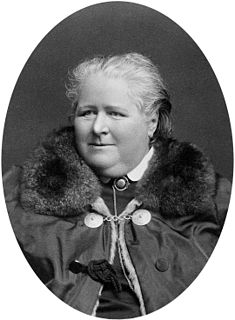A Quote by John Stuart Mill
It is conceivable that religion may be morally useful without being intellectually sustainable.
Quote Topics
Related Quotes
The essence of any religion lies solely in the answer to the question: why do I exist, and what is my relationship to the infinite universe that surrounds me? It is impossible for there to be a person with no religion (i.e. without any kind of relationship to the world) as it is for there to be a person without a heart. He may not know that he has a religion, just as a person may not know that he has a heart, but it is no more possible for a person to exist without a religion than without a heart.
History, we can confidently assert, is useful in the sense that art and music, poetry and flowers, religion and philosophy are useful. Without it - as with these - life would be poorer and meaner; without it we should be denied some of those intellectual and moral experiences which give meaning and richness to life. Surely it is no accident that the study of history has been the solace of many of the noblest minds of every generation.
But science can only be created by those who are thoroughly imbued with the aspiration toward truth and understanding. This source of feeling, however, springs from the sphere of religion. To this there also belongs the faith in the possibility that the regulations valid for the world of existence are rational, that is, comprehensible to reason. I cannot conceive of a genuine scientist without that profound faith. The situation may be expressed by an image: science without religion is lame, religion without science is blind.
our republican ideas cannot be consistently carried out while women are excluded from any share in the government. ... Any class of human beings to whom a position of perpetual subordination is assigned, however much they may be petted and flattered, must inevitably be dwarfed, morally and intellectually.








































